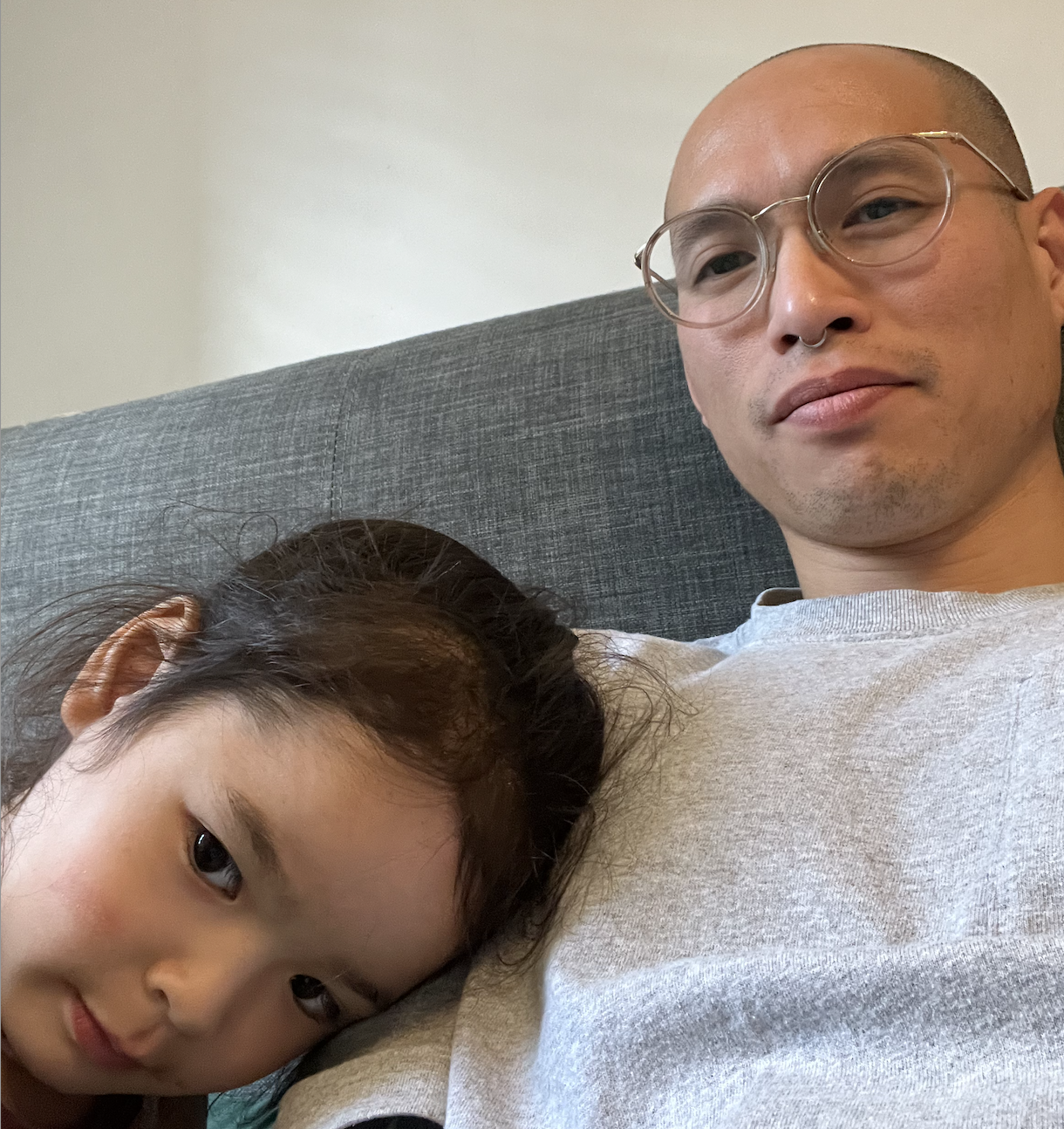I value the act of repairing relationships after experiencing conflict, especially with my daughter. Repair as a concept was something I learned after stumbling on Dr. Becky Kennedy’s TED Talk titled “The most important parenting strategy.” The premise is simple: as parents we are imperfect (on the daily I practice unlearning perfectionism). And as imperfect parents, we are bound to mess, to fumble, to falter. And for this reason, when we do fall short with our loved ones, we can practice repairing any damage (small or large).
I cannot recall the last time I lost my cool with Elliott.
In her presence, I often keep my DBT (dialectical behavior therapy) skills at the fore front of my mind, frequently applying wise mind and the GIVE (Gentle, Be interested, Validate, Easy) skill: attuning to her and validating her feelings (this is especially important to me as someone who grew up and still struggles with chronic invalidation).
Regardless of being equipped with these skills, I fell a short yesterday.
Okay, you are NOT going to get bubble gum anymore
Those are the words that slipped off my tongue after we missed our bus that was no more than 10 feet away from us; the bus driver and I were even making eye contact with one another, him not pulling away from the curb for as long as he could without delaying the other riders.
Elliott had refused to hop on the bus and stood by the side of the road because she was upset and requested that we purchase bubble RIGHT then and there. When the bus had pulled away, I drew in a deep breath and sat myself down at the bus bench, not before telling Elliott we were no longer going to get bubble gum.
Her response: Fine. I don’t want it anyways.
That was a clue for me that I had faltered. She loves bubble gum. I know she wants it and she’s just also frustrated. How many times in our lives have we said “Fine” to our loved ones? More than I’d like to admit.
In the moment, I experienced feelings of guilt and disappointment.
Before spiraling down in self-shame, in the midst of it, I reminded myself: I am a good dad having a hard time. At the same time, Elliott is a good kid having a hard time.
These days, I am practicing how to tolerate her being disappointment and want to teach how to tolerate feelings of discomfort (especially due to the link between inability to tolerate frustration and entitlement).
In retrospect, when analyzing the chain of events, I recognize that the two of us were both struggling with the vulnerability factors: it was about 80 degrees outside, sun beaming down on us. Nobody is at their best when baking in the sun and sweaty and rushing.
Anyways, after about 30 seconds of deep breathing, I brought my attention to my own body and during that brief moment of silence between us, I had flash backs from my own childhood, a flood of memories of my own dad refusing to talk to me after him and I had an altercation: the complete opposite of repairing a conflict. Wanting to chip away at passing down inter generational trauma, I practiced repair:
Elliott, I know you really wanted the bubble gum and it must be so hard to wait for it until after lunch. And we agreed to get it after lunch, not before. And we just missed our bus so daddy was a bit frustrated. We will still get bubble gum after lunch and next time the bus arrive, can you help cooperate with dad and step on to it when we it’s here?
Not the perfect sentences I’ve strung together for repair. That’s okay. I’m getting better.
In the end, she unexpectedly threw her arms around me, held my dad and then the two of us waited at the bus stop for the next bus.
I’m not a perfect dad. Nor am I aiming to be.
